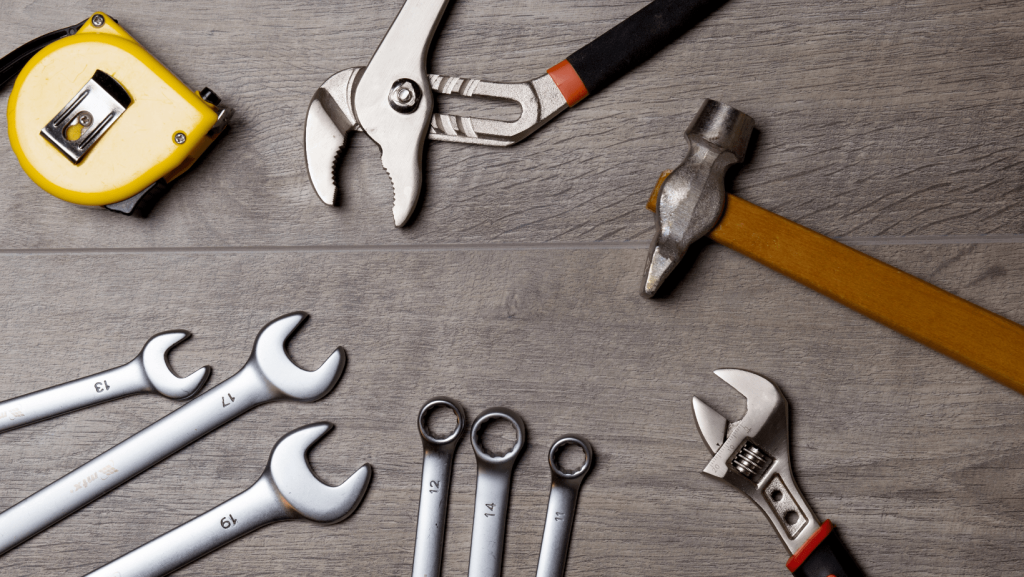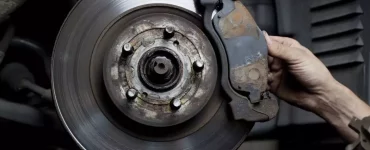Mastering Auto Repair Safety: Essential Tips
Welcome to the world of auto repair, where skilled technicians transform vehicles and keep them running smoothly. Amid the intricate art of diagnostics and repairs lies an equally important aspect: safety. In this comprehensive guide, we’ll delve into the core principles of auto repair safety tips, ensuring that your workshop is not only a hub of expertise but also a haven of security.
Ensuring Safety Through Auto Repair: A Shared Responsibility: Auto repair is more than just a job – it’s a responsibility. Technicians play a pivotal role in ensuring the safety of vehicles and their occupants on the road. By adhering to safety guidelines, you’re not just protecting yourself; you’re safeguarding the community you serve.

Essential Safety Gear and Equipment: The workshop is your domain, and safety gear is your armor. From safety goggles that shield your eyes from debris to gloves that guard against chemicals, each piece of safety gear is a defense against potential hazards. Equip yourself with hearing protection to shield against loud noises and ensure proper respiratory protection when dealing with harmful fumes.
Organizing for Safety and Efficiency: A well-organized workshop isn’t just aesthetically pleasing – it’s a cornerstone of safety. A clutter-free environment reduces the risk of tripping and accidents caused by misplaced tools. Clear pathways and proper tool storage not only enhance efficiency but also ensure that technicians can move safely around the workshop.
Defending Against Fire Hazards: The workshop is a hub of activity, and with activity comes the risk of fires. Flammable materials, electrical issues, and sparks demand vigilance. Ensure that fire extinguishers are easily accessible and varied types are available to tackle different fire classes. Fire prevention isn’t just about equipment – it’s about training and preparedness.
Navigating Chemical Safety: Chemicals are a necessary part of auto repair, but their handling demands caution. Wear appropriate safety gear and work in well-ventilated areas. Properly label and store chemicals, and adhere to disposal guidelines to prevent environmental damage. Remember, safety isn’t just about immediate protection – it’s about long-term well-being.
Prioritizing Vehicle Safety During Repairs: Vehicles on lifts or stands pose their own set of risks. Adhere to proper lifting techniques and use designated lifting equipment to prevent accidents. Secure vehicles to prevent unexpected movement while technicians work underneath. When it comes to vehicle safety, precision is key.

Compliance with Regulations: A Legal and Moral Imperative: Auto repair isn’t just about fixing cars; it’s about adhering to regulations that govern the industry. State guidelines, such as those in Connecticut and Massachusetts, outline safety standards that protect technicians and customers. Compliance isn’t just a legal obligation – it’s a testament to your commitment to safety.
Unlocking Skills Through Career Training: Technical skill is the backbone of auto repair, but safety is its heart. Institutions like the Porter and Chester Institute offer comprehensive programs that nurture both expertise and safety-consciousness. Through hands-on learning, industry insights, and career readiness assessments, technicians emerge not just as repair experts, but as safety advocates.
Conclusion: Safety as the True Engine of Auto Repair: Auto repair is a world of precision and expertise, but its foundation is safety. From safety gear to workshop organization, from fire prevention to chemical handling, and from vehicle safety to compliance, each aspect reinforces the principle that safety is paramount. As an auto technician, your role isn’t just about repairs – it’s about safeguarding lives and livelihoods. We hope that you get some ideas about auto repair safety tips.





[…] a delicate procedure that might require professional assistance, as highlighted in our resource on mastering auto repair safety. This replacement can prevent further damage to your transmission and avoid the higher costs […]
[…] towing capabilities by keeping the transmission temperate. This is crucial for maintaining safe towing practices and avoiding issues like gear slipping, which our guide on gear slipping solutions delves […]
[…] When it comes to vehicle maintenance, diagnosing transmission noises can be as complex as it is critical. A vehicle’s transmission is a nuanced piece of machinery, and the sounds it makes are telltale signs of its health and operational state. Whether you’re hearing a whine, clunk, or hum, understanding these noises is the first step in mastering auto repair safety essential tips. […]
[…] the safety essentials when handling these tools, our resource on mastering auto repair safety essential tips will be […]